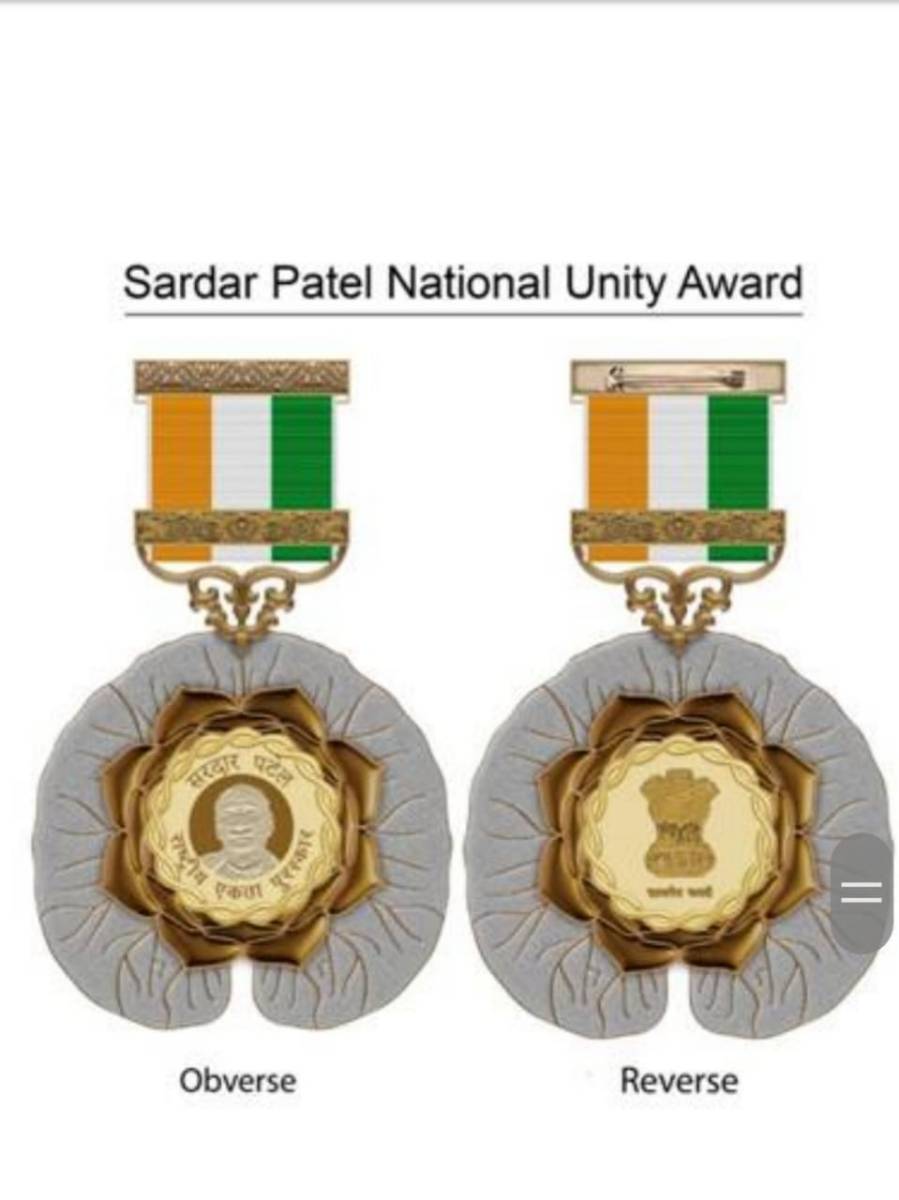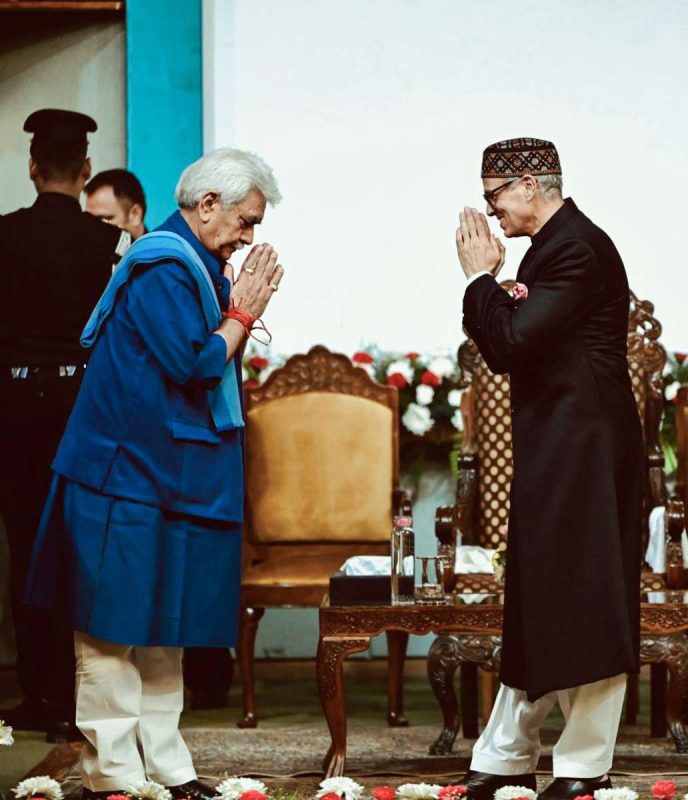Indore, Ambikapur, Navi Mumbai, Surat, Rajkot and Mysuru have been rated as five-star cities, 86 cities as three-star and 64 cities as one-star as per the Ministry of Housing and Urban Affairs’ rating protocol for garbage-free cities…reports India Daily News
The announcement was made during the Swachh Survekshan awards declared by Union Minister Hardeep Singh Puri. It is meant to monitor the performance of Swachh Bharat Abhiyan, launched in 2014. The survey was conducted in 4,242 cities, 62 cantonment boards and 92 Ganga towns and was completed in 28 days.
Indore city in Madhya Pradesh emerged as the cleanest city for the fourth time in a row, Surat and Navi Mumbai won the second and third position respectively in the more than one lakh population category.
Mysuru city in Karnataka had won the award for the cleanest city of India in the first edition of the survey in 2016, while Indore had retained the top position for three consecutive years.
Chhattisgarh won the prestigious title of the cleanest state in the more than hundred urban local bodies category, while Jharkhand was adjudged the winner in the less than hundred urban local bodies category. An additional 117 awards were also handed over by the Minister.
Addressing the winners and citizens at large, the Minister said, “More than five years ago, the Prime Minister had seen a dream – the dream of a Swachh Bharat. Today, we feel immensely proud, as well as humbled, to see how every citizen of urban India has come together to make that dream a tangible reality.”
The Minister further exhorted everyone to play their part and be a true Swachhata Warrior by inculcating habits of Swachhata such as practising proper segregation of waste at source, saying no to single-use plastic and treating sanitation workers with respect and dignity, among others.
The Union Minister outlined the vision for the next phase of the Mission. He said, “I am also concerned about the safety of our sanitation workers, our frontline warriors in this ‘Kranti’. Therefore, the provision of adequate safety gear and mechanised equipment to all sanitation workers will be paid maximum attention in the next phase of the Mission.”
Meanwhile, in the category of less than one lakh population, Karad, Saswad and Lonavala cities in Maharashtra emerged victoriously.
Ahmedabad in Gujarat ranked first in the cleanest mega-city category, while Chhattisgarh’s Ambikapur secured the cleanest smallest city tag. Bengaluru won the best self-sustainability award in the megacity category and Tirupati in Andhra Pradesh won the award in the small city category.
Best city in terms of maximum citizen’s participation award in the category of population of over one lakh has been given to Uttar Pradesh’s Shahjahanpur. In the same category for cities with population less than one lakh, the award was bagged by Nandaprayag in Uttarakhand.

India’s cleanest cantonment was awarded to Jalandhar in Punjab and best Ganga town was given to Varanasi, Prime Minister Narendra Modi’s constituency, in Uttar Pradesh.
New Delhi Municipal Council secured the cleanest capital city tag, while Lucknow and Bhopal won the fastest mover capital and most sustainable capital award in the pan-India survey.
Since the launch of Swachh Bharat Abhiyan in 2014, Swachh Bharat Mission-Urban has made significant progress in the area of both sanitation and solid waste management. 4,324 Urban Local Bodies have been declared ODF, 1,319 cities certified ODF+ and 489 cities certified ODF++ as per MoHUA’s sanitation protocols.
This has been made possible through construction of more than 66 lakh individual household toilets and over 6 lakh community and public toilets.
Additionally, over 59,900 toilets across over 2900 cities have been made live on Google Maps. In the area of solid waste management, 96 per cent of wards have complete door-to-door collection while 66 per cent of the total waste generated is being processed – a jump of nearly 4 times over 2014 levels of 18 per cent processing.
Last month, the ministry had launched the sixth edition of the survey, Swachh Survekshan 2021. Its indicators focus on parameters pertaining to wastewater treatment and reuse along with faecal sludge. Similarly, the crucial issues of the legacy of waste management and remediation of landfills have been brought to the fore in the sixth edition of the Survekshan.
Also Read-India Considers Selective Ban On Chinese Power Equipments








